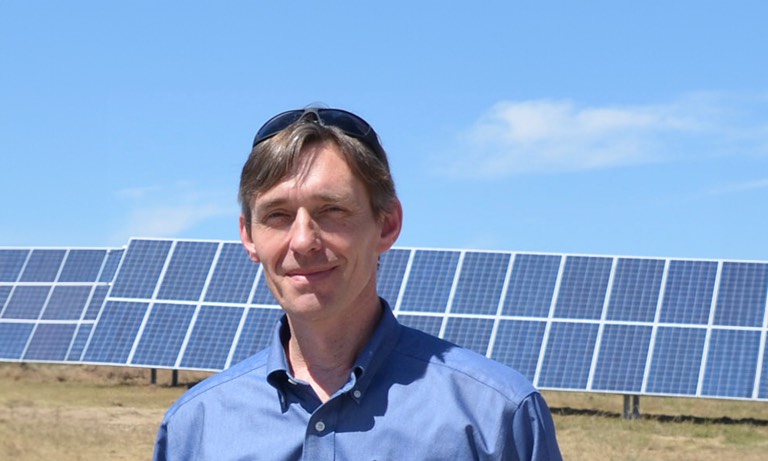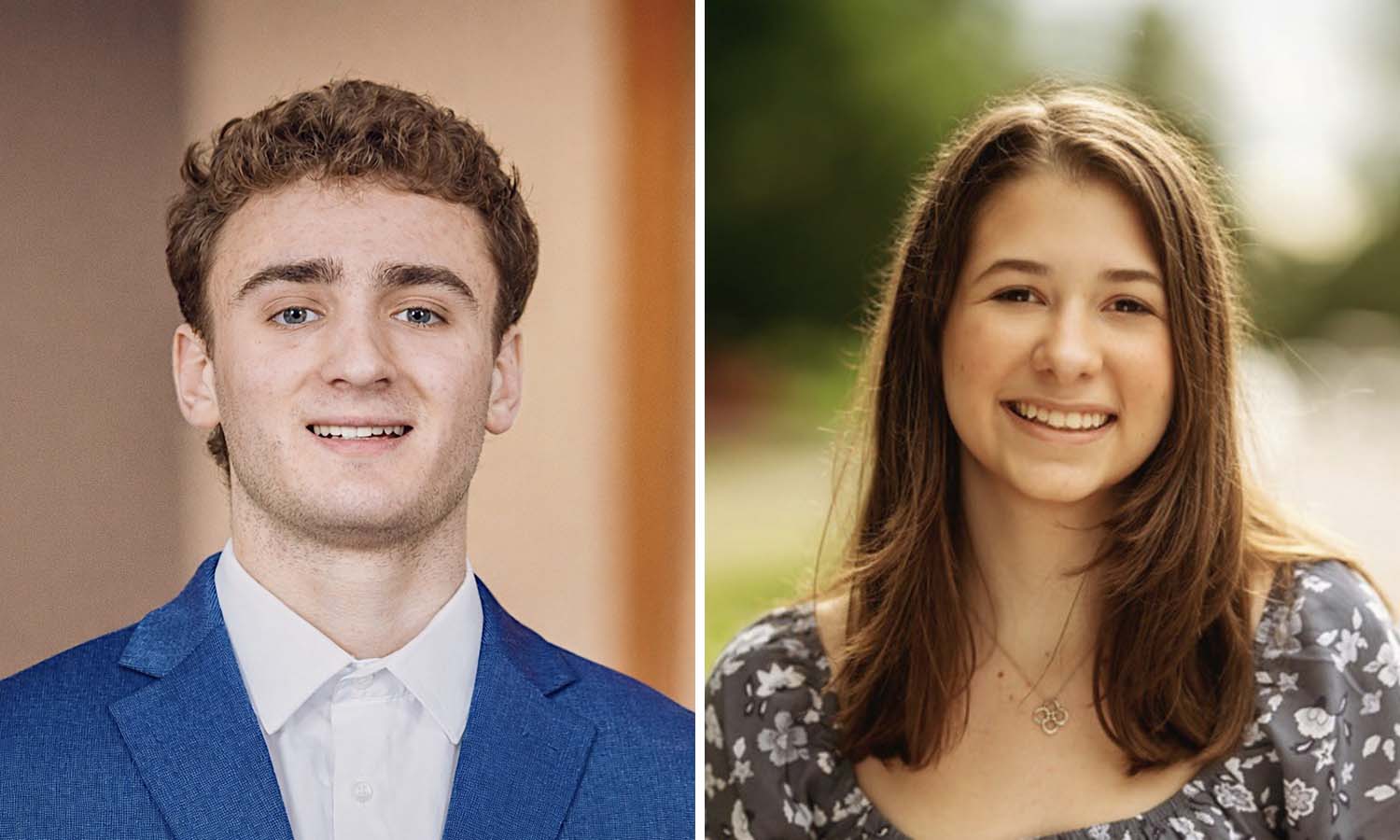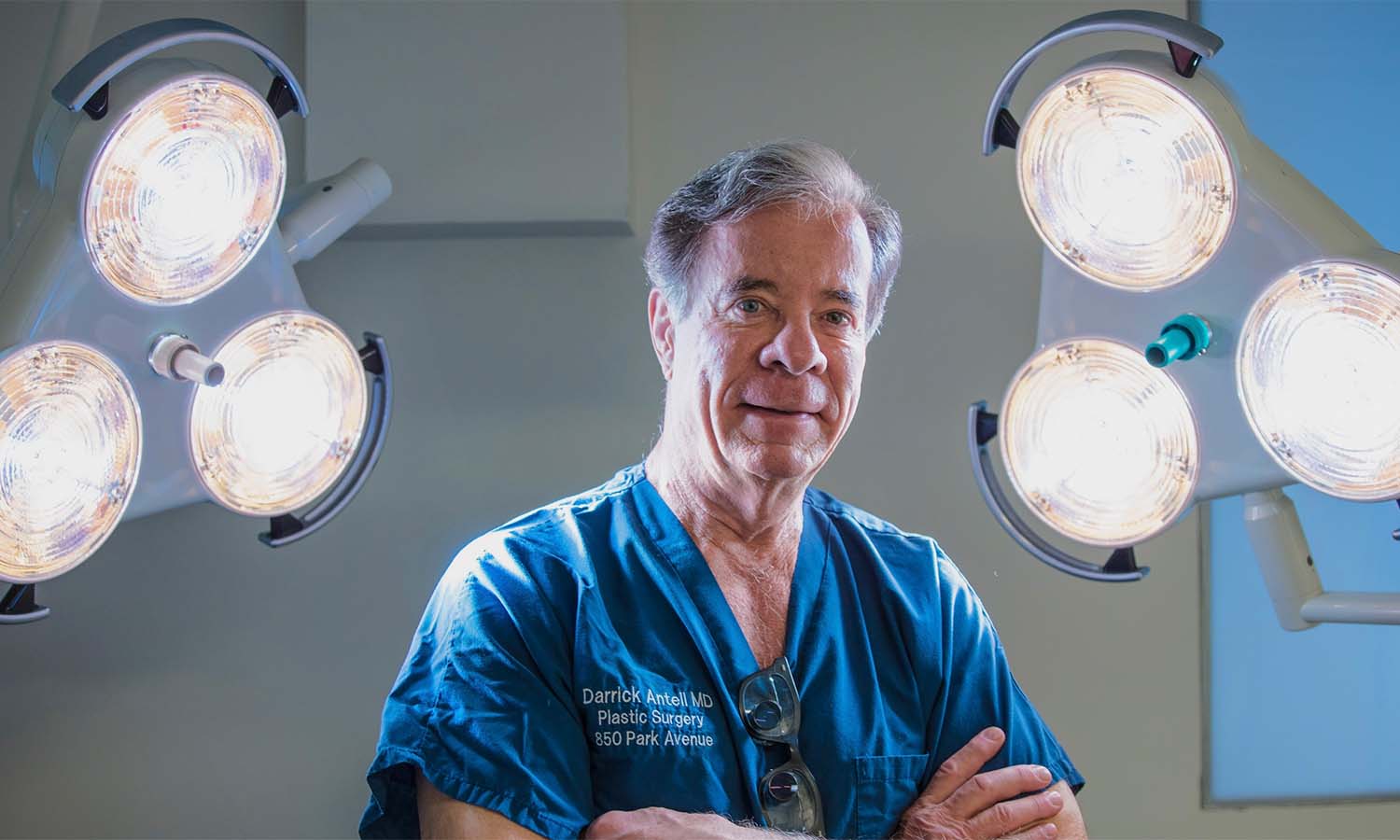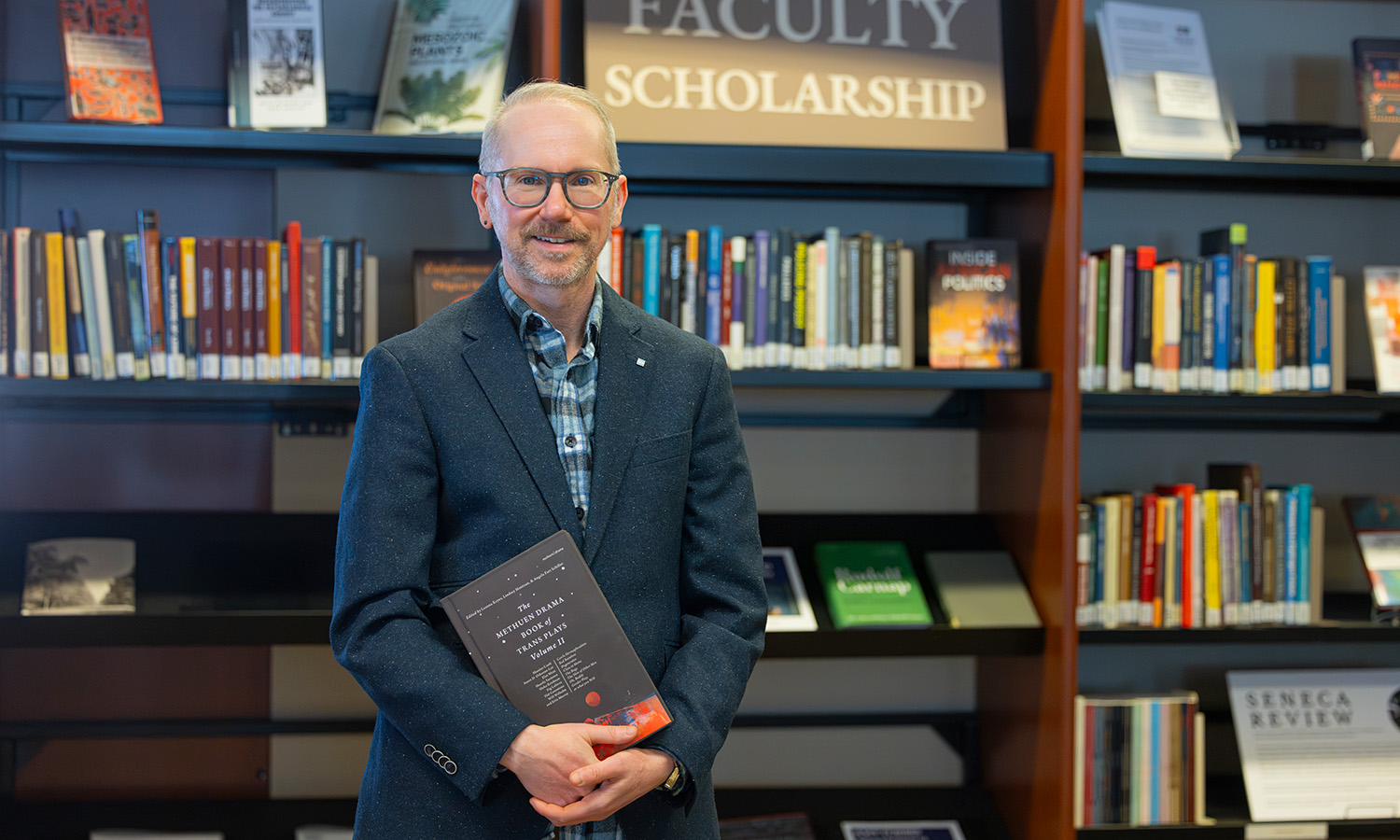
HWS News
6 October 2023 • Faculty • STEM Opportunities for Learning
Magee takes leave from HWS to explore new opportunities.
Since joining Hobart and William Smith in 2008, Professor of Environmental Studies Darrin Magee has explored topics in energy, water, waste, and industrial development, becoming a leading expert in environmental issues in East Asia. For the next two years, he is serving as the director for the Institute for Energy Studies at Western Washington University and as a Science and Technology Policy Fellow of the American Association for the Advancement of Science in Washington, DC, ultimately bringing back to campus new skills and knowledge in higher education leadership and science policy formulation.
“After 15 years of teaching at HWS, I feel like I won the mid-career lottery with these two very exciting opportunities,” says Magee from his current perch in Bellingham, Washington. “These two positions afford me a chance to try new things and develop new skills beyond what I do at HWS.”
In his role at Western Washington University, Magee directs the country’s only undergraduate institute devoted solely to interdisciplinary energy studies and designed to prepare students to be leaders in the energy transition. His responsibilities are to strategically grow the institute, support faculty development, identify new partners in the energy sector and drive student enrollment and retention in the institute’s major, minor and certificate programs.
Additionally, Magee wants to strengthen connections across the institute’s core and affiliate faculty, increase camaraderie among its students, develop graduate and undergraduate certificate programs, develop internships and career pathways, and partner with regional community and vocational schools to help meet workforce needs in the renewable energy sector.
“It’s great fun so far,” says Magee. “I love the Pacific Northwest, having lived here for several years in the late 1990s and early 2000s. My new colleagues at Western Washington University have been extremely welcoming, and much of what I do is different from my work at HWS, which presents many opportunities for learning.”
For his AAAS Fellowship, Magee will be posted to the US Department of State sometime in 2024 to work on issues regarding nonproliferation and disarmament relating to weapons of mass destruction and emerging technologies that can have similar effects, such as artificial intelligence.
“This is an exciting opportunity to put my academic and professional background to work in a very different setting,” says Magee. “I’m looking to continue learning new things and network with others keen to bring their academic expertise and professional experience to bear in the name of better science policy at the national level.”
At HWS, Magee has taught courses on environment and development in East Asia, the geography of garbage and topics in environmental studies around water and energy. His research has focused largely on China, including hydroelectricity, the South-North Water Diversion Project, energy efficiency and water quality and quantity issues.



